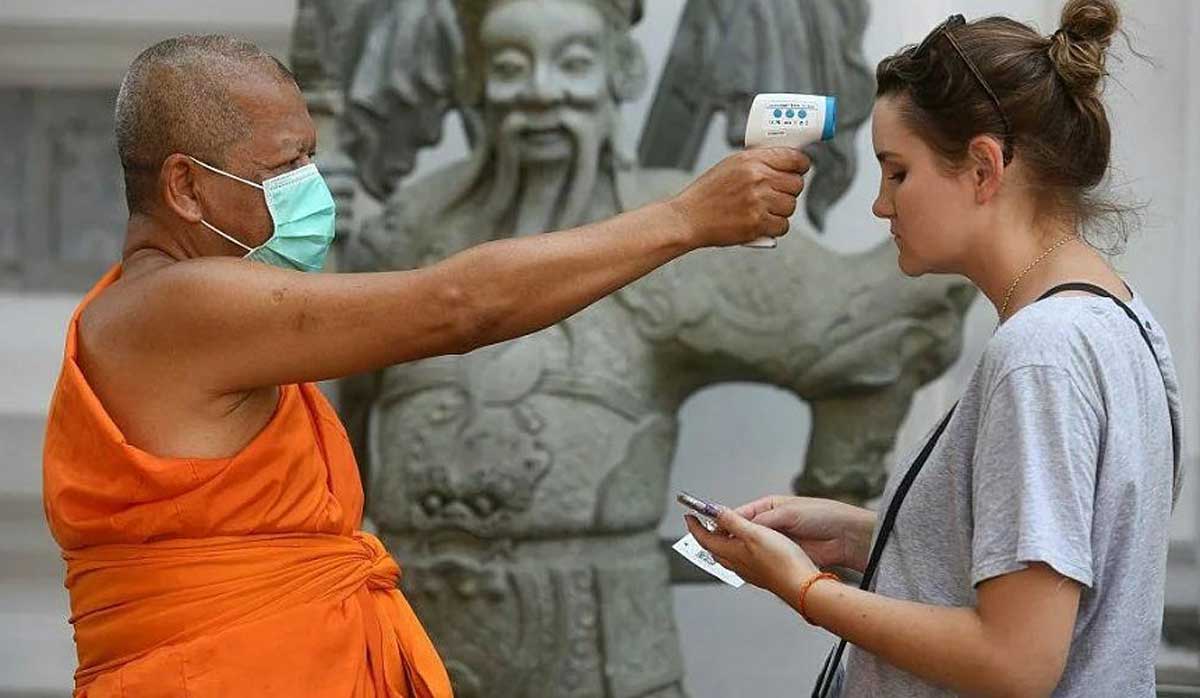Thailand’s Health Services Support Department has acknowledged that one of the key concerns for foreign tourists visiting the kingdom is the inability to insure the costs of forced quarantine if the traveler is diagnosed with a mild or asymptomatic form of coronavirus on vacation. The medical policy for those traveling abroad covers only the costs of treatment in the hospital, and in case of observation, tourists have to pay for a quarantine hotel out of their own pocket.
Thailand’s medical department has allowed the country’s insurance companies to sell policies to foreign guests that could be reimbursed – up to 1,000 baht (approximately UAH 850) per day during forced observation, Thai media reported.
If the initiative is put into practice, it will significantly reduce the financial risks of tourists on vacation in Thailand. “Free quarantine for those who have been diagnosed with covid operates in many countries, not so long ago Cuba joined them, where they used to take money from tourists for observation. The sources of financing can be different, including through insurance, as is offered in Thailand,” the specialist commented to the DIP portal. According to the quarantine insurance, it is the companies of the tourist’s host country that should provide it – it is easier for them to find a common language with hoteliers providing rooms for observation, as well as with local regulators. In addition, the establishment of a limit on the amount of insurance compensation can help to stop the arbitrariness on the part of hoteliers, who sometimes issue astronomical bills for quarantine accommodation to customers.
Cases of mild or asymptomatic coronavirus in vaccinated tourists coming to Thailand under the SandBox program (“Sandbox” – currently valid in Phuket and three other tourist destinations in the kingdom) have recently increased. Telegram even created a special Russian-language chat in which those who were not lucky enough to please during their quarantine vacation at their own expense communicate. To date, over 500 people have signed up. This is a lot, even taking into account the fact that it is unlikely that all participants are in forced isolation in Thailand – some are only planning a trip, but are interested in the likely risks in the chat in advance.

